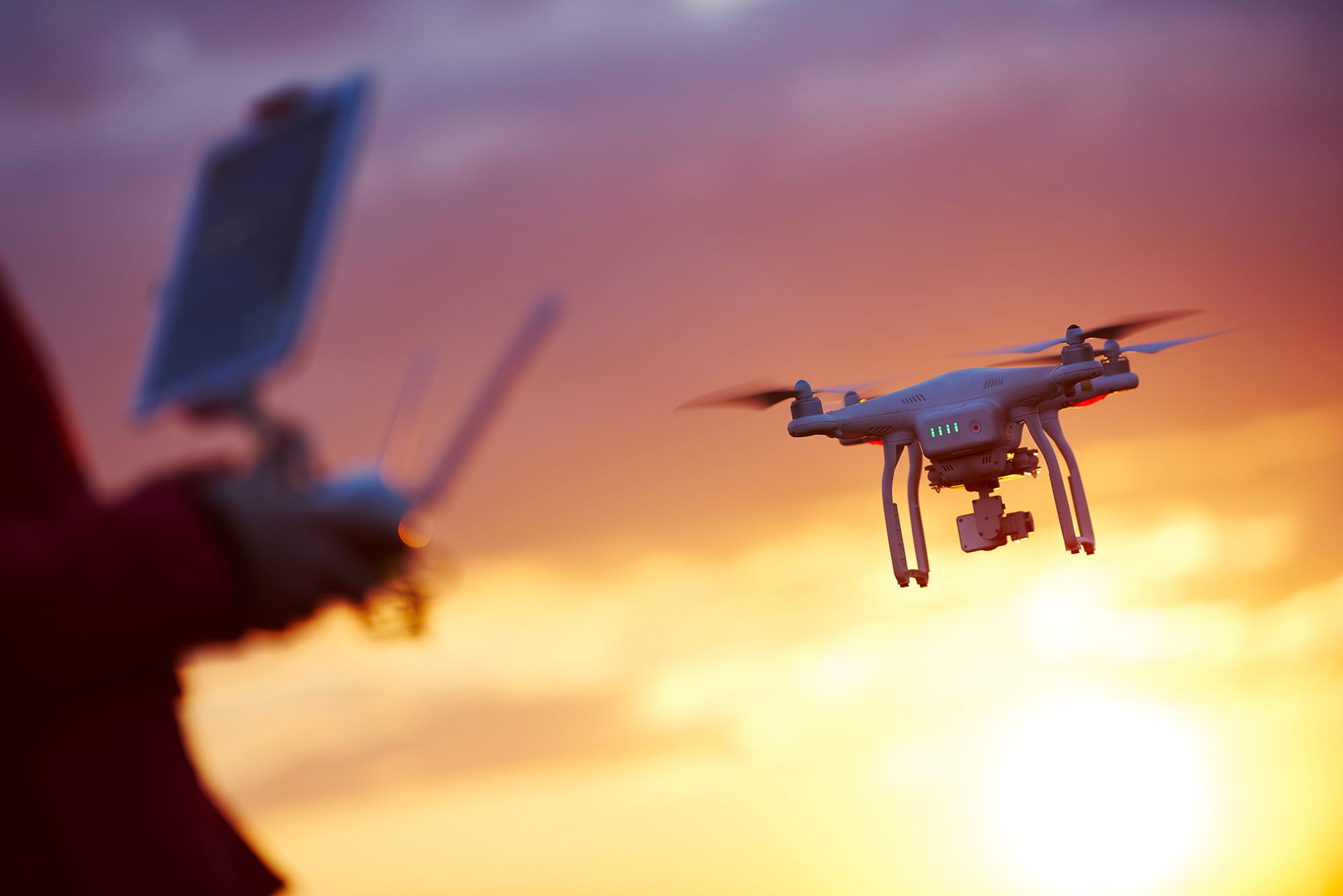Physical Address
304 North Cardinal St.
Dorchester Center, MA 02124
Physical Address
304 North Cardinal St.
Dorchester Center, MA 02124

A deep dive into the Ghana’s drone industry; from the Remote Pilot Licensing process, UAV training programs, operational paperwork and challenges, and the growing market for commercial drones in the country.
Drone pilots must obtain a Remote Pilot Licence (RPL) issued by the the Ghana Civil Aviation Authority (GCAA) if they are to operate a drone commercially in Ghana. For private operations, individuals must apply for a permit from the GCAA. The RPL licensing process follows these major process:
RPL training is only through authorized institutes with their curricula tailored to meet the GCCA standards. Pilots must undergo training that covers these courses:
At the moment only the University of Mines and Technology RPAS Training Organization has license to train drone pilots in Ghana
Despite the growing opportunities in the drone space, it is without its own hurdles or challenges that include but are not only limited to:
Ghana along with Rwanda were among the early adopters of Zipline and other drone technology. Hilda Yorm Dra – Zonyra, a drone pilot and drone instructor at University of Mines and Technology (UMaT) also reaffirmed the growing drone market in Ghana saying, ” The drone market space in Ghana keeps developing and we have lots of licensed drone pilots”. The demand for drone services is growing in:
Ghana is positioned to be a leader in UAV innovation and regulation with the ongoing digitisation, government support, and regional drone hubs emerging in West Africa and investments in local manufacturing, public and private partnerships and investments in STEM education can further enhance the growth and future of UAVs in Ghana.